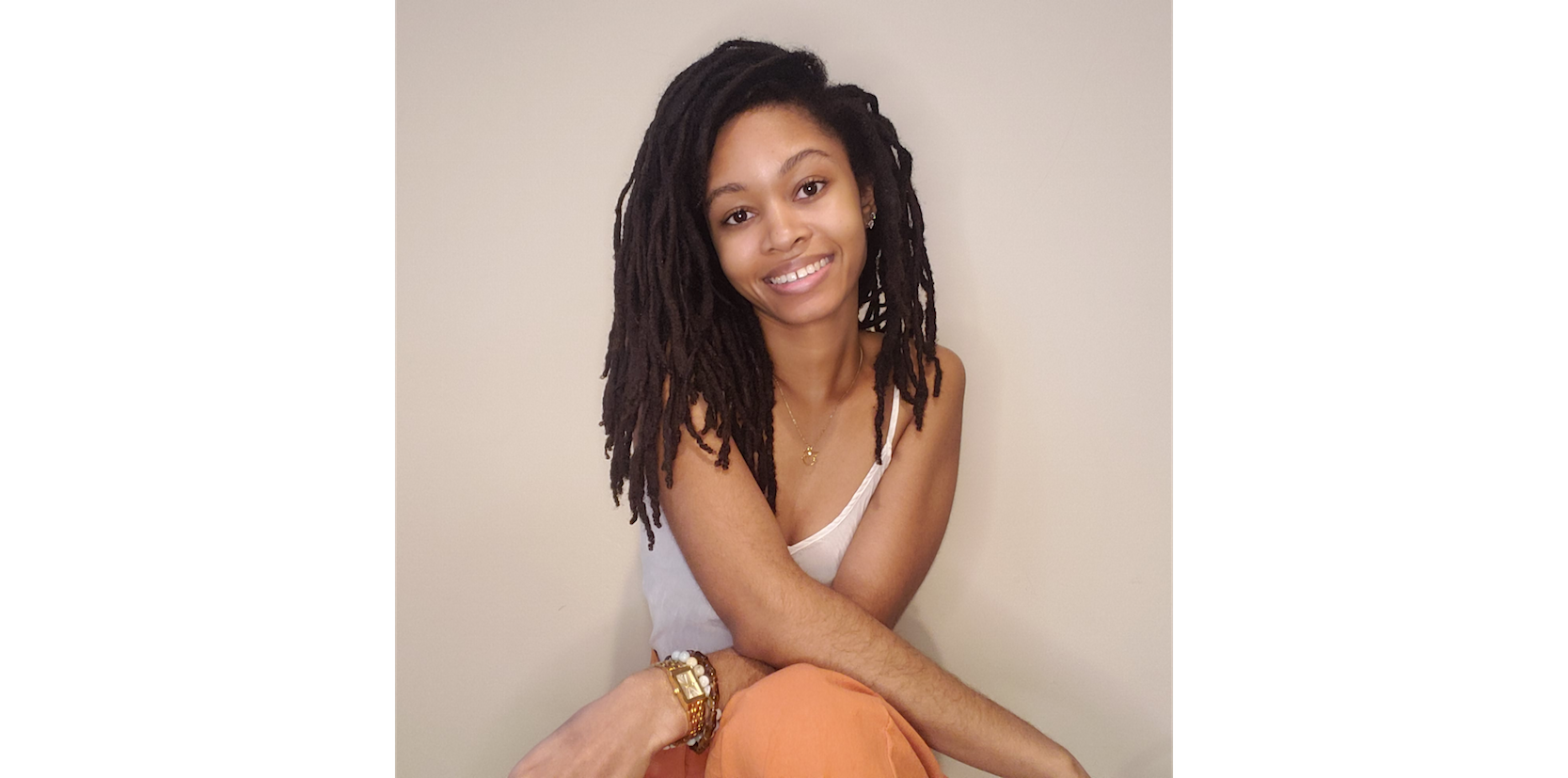A few months ago Christiana Dillard, a master’s student in the Media Studies and Production (MSP) program and former news writer for Klein College of Media and Communication, was looking to apply for a semester-long business journalism fellowship that she was only half-interested in. That fellowship, facilitated by the National Association for Black Journalists (NABJ), led her to the NABJ website, where she would discover another fellowship launched jointly by NABJ and the Facebook Journalism Project that focuses on fact-checking for the social media behemoth.
Preferring to take the year-long fellowship up on its promise of combating misinformation spread through viral posts, Dillard applied and was accepted to work with Lead Stories, an organization dedicated to fact-checking and correcting false information on Facebook and TikTok. The fellowship will overlap slightly with her graduation this May, and has a range of applications to her current and previous research and journalistic endeavors.
“Now more than ever, with misinformation on the rise, it is important that Black journalists play a role in ensuring that factual information is reported not only about our communities, but also the policies, people and decisions that impact us on an everyday basis,” NABJ President Dorothy Tucker said in a press release.
In her own research, Dillard focuses on how Black digital content creators use education and entertainment on YouTube. She says that looking into newer video platforms like TikTok will hopefully prove insightful in her work, especially as she studies how creators fact-check their own educational content.
“I just feel like learning how to fact-check will help me then be able to study how other people go through that process and fact-check their own information,” she says.
Since she primarily studies digital media through her masters curriculum and plans to pursue a PhD in the same topic, Dillard chose Lead Stories as her first choice over the organizations available to her, including AP, Reuters, USA TODAY and other prestigious institutions because of its unique role in the digital media landscape. She thinks it is particularly interesting that Lead Stories serves the purpose of stopping viral posts from spreading false information that is harmful to truthful journalism as opposed to spreading information as a media watchdog. She also felt that her first post-master’s experience should reflect and contribute to her interests for her PhD.
In particular, she thought that this year-long experience should supplement the content of her research interests in digital media and accuracy. This would be to balance some of the work she did as a master’s student with Assistant Professor of MSP Andrew Iliadis gathering data for a digital database. While she said learning this research method was beneficial as a scholar, she is now ready for something aligned with her topic of interest.
Dillard also says she found Lead Stories’ work model very interesting. “I thought it was interesting that they were remote before [the pandemic] even started,” she says. This will allow her to telecommute as the world returns to relative normalcy, and also serves as a testament to the six-year-old organization's technological advancement.
Alan Duke, co-founder and editor-in-chief at Lead Stories, was a central figure in hiring Dillard. He believes that the work she performs will not only supplement her future studies and career, but that she will be an asset and fresh perspective at the organization.
“Ms. Dillard will be the youngest member of a staff that mostly includes veteran journalists with several decades of national and international experience,” Duke said in an email. “Not only will we mentor her, she will teach us.”

